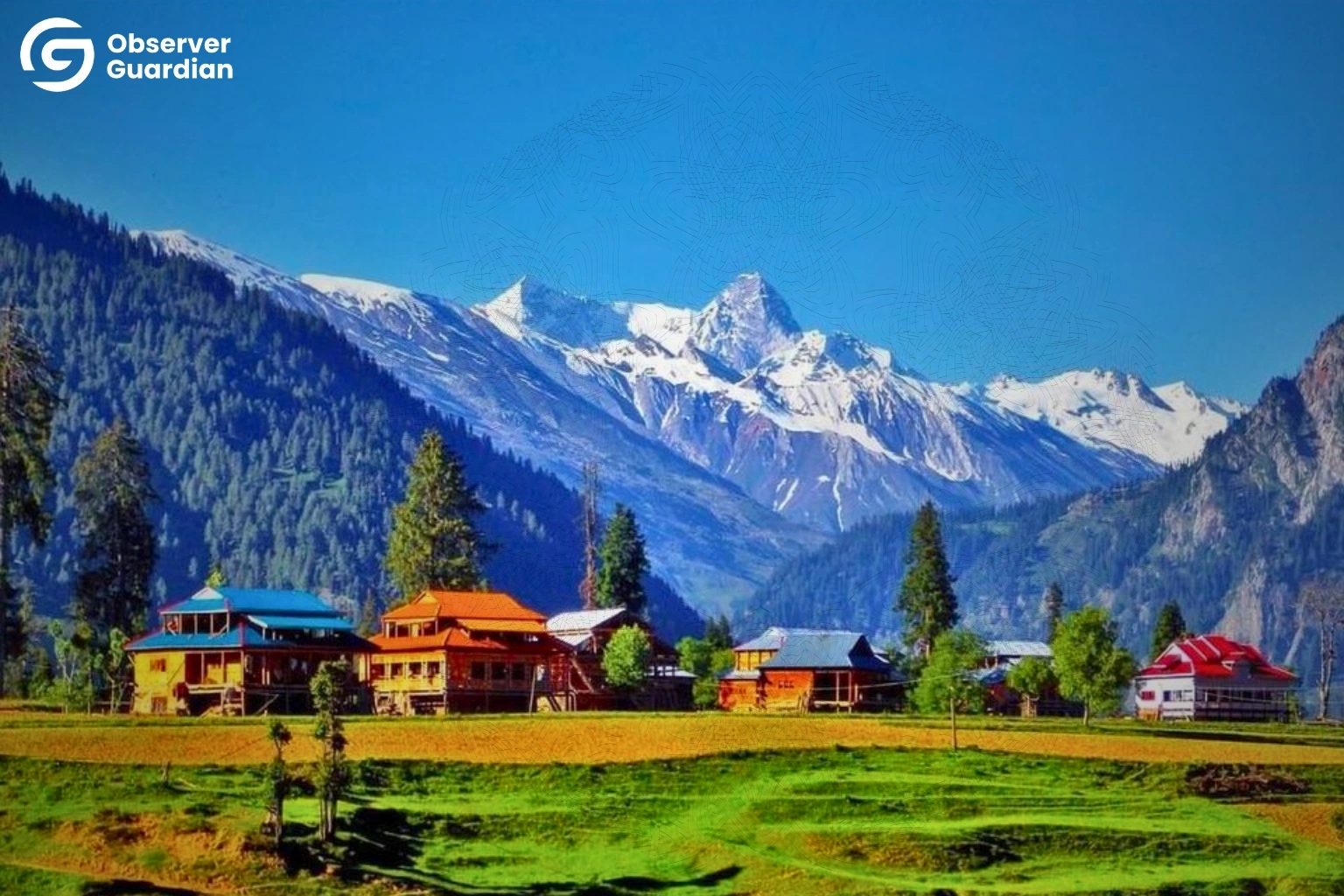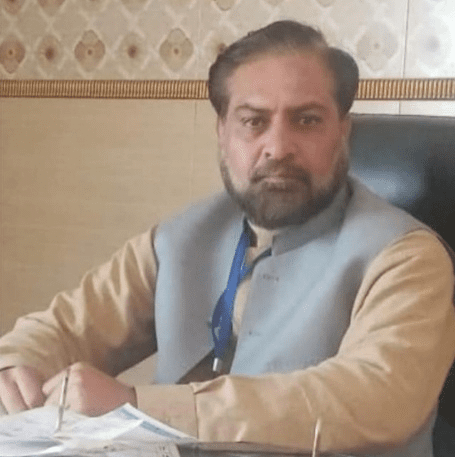Kashmir Black Day is a somber day when the events of the year 1947 are recalled. It was the time when the Indian troops landed in Srinagar and started to occupy Jammu and Kashmir. What began as a military intervention has expanded to over 7 decades of pain, struggle, and broken promises.
So, these 78 years have been marked by the constant campaign of oppression to the people of Indian Illegally Occupied Jammu and Kashmir (IIOJK). People have been raised in the era of curfews, arbitrary arrests, and massive violation of human rights. Thousands of Kashmiris have been forced to sacrifice lives, liberties, or even livelihoods by simply raising their voices to demand what the world understood to be a basic right, the right to self-determination.
Notably, the resolutions made after partition by the United Nations Security Council (UNSC) were categorical that the people of Jammu and Kashmir would choose their future through a free plebiscite, supervised by the United Nations. These were not empty resolutions, but binding commitments aimed at ensuring peace and fairness.
India, however, took another route. It did not respect its international duty but rather strengthened its grip by violence and oppression, censoring dissent and silencing the Kashmiris. Pakistan, on the contrary, has remained resolute on its legal stand under international law and made numerous pleas for dialogue and enforcement of UN resolutions. The position of Islamabad has always been clear that the destiny of Kashmir must be decided by the people, not by authoritative powers.
A New Wave of Repression
The plight of the Kashmiris was aggravated and escalated on 5 August 2019 when India unilaterally revoked the special constitutional status of the region.
What ensued was a propaganda campaign to change the demographic makeup and fabric of the region.
Non-residents, thousands in number, were granted domicile certificates, and local leaders and activists were imprisoned under draconian laws.
Since that time, the Indian government introduced measures that not only violate international law but also contradict principles of humanity. Collective punishment has become common. Since events such as the Pahalgam attack, the crackdown has escalated, often targeting ordinary citizens. The UN and many human rights organizations have extensively reported these acts, but the perpetrators remain unpunished.
Courage Amidst Despair
The Kashmiri people have not surrendered even under immense pressure. Their courage and resilience to resist oppression have become a beacon of hope and strength. All protests, civic actions, and struggles point to one thing it is not a struggle for privilege, but one for justice and freedom.
It is not only a story of pain in Kashmir; it is also a tribute to human perseverance, a lesson that the will for self-determination cannot be defeated by fear or force.
An Appeal to World Responsibility
South Asian peace remains threatened by the ongoing conflict between India and Pakistan. The Kashmir problem is not a frozen dispute, but a time bomb crisis that could lead to greater instability. The international community cannot remain bystanders. Therefore, international actors, human rights institutions, and regional authorities must work towards a peaceful solution based on the UN Charter and Security Council resolutions.
On this Kashmir Black Day, Pakistan once again declares its moral, political, and diplomatic support to the Kashmiri people. They should not be merely sympathized with, but taken seriously by the international community. Unless the promise of self-determination is fulfilled, Pakistan will continue to raise its voice on all global platforms, reminding the world that peace in South Asia will only be attainable when justice is served in Kashmir.
⚠ Disclaimer
The views and opinions expressed in this article are exclusively those of the author and do not reflect the official stance, policies, or perspectives of the Platform.








